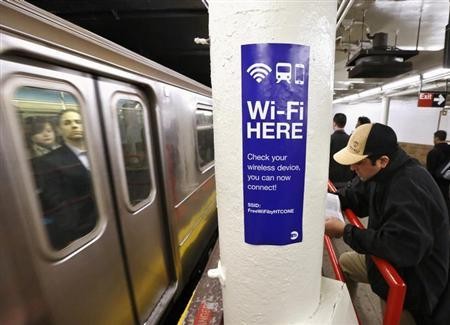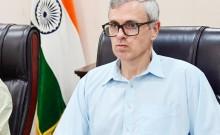
For the first time, researchers at the University of Liverpool have shown how WiFi networks can be infected with a virus that can spread through densely populated areas, like the common cold spreads among humans.
The research team designed and stimulated a viral attack called "Chameleon" and found that it could not only spread easily between homes and businesses but was also able to identify the Access Points (APs) at which WiFi access is protected by passwords and encryption.
Researchers from the University's School of Computer Science and Electrical Engineering and Electronics found that "Chameleon" acted like an airborne virus that travelled across the WiFi networks through access points. Densely populated areas have more access points in close proximity that results in making the virus spread across these networks more quickly.
"When "Chameleon" attacked an AP it didn't affect how it worked, but was able to collect and report the credentials of all other WiFi users who connected to it. The virus then sought out other WiFi APs that it could connect to and infect", Science Daily quoted Alan Marshall, Professor of Network Security at the University of Liverpool.
"Chameleon" was capable of avoiding detection from current virus detection systems that look for viruses present on the computers or internet. Chameleon strictly sticks to WiFi networks, especially open public access points such as cafes, airports or trains.
"WiFi connections are increasingly a target for computer hackers because of well-documented security vulnerabilities, which make it difficult to detect and defend against a virus. It was assumed, however, that it wasn't possible to develop a virus that could attack WiFi networks but we demonstrated that this is possible and that it can spread quickly. We are now able to use the data generated from this study to develop a new technique to identify when an attack is likely", he added.













